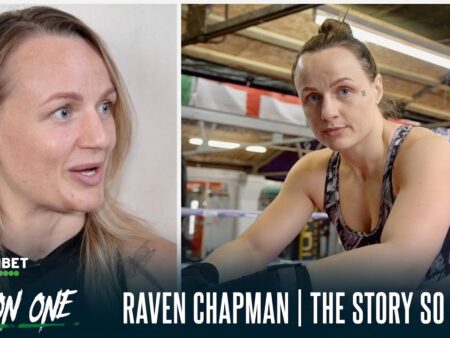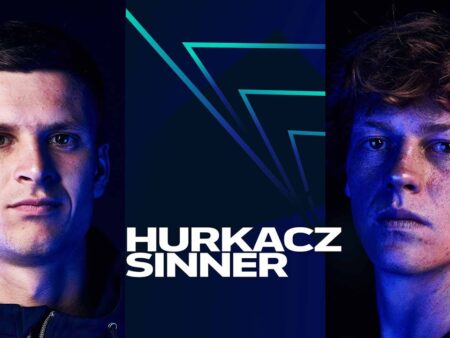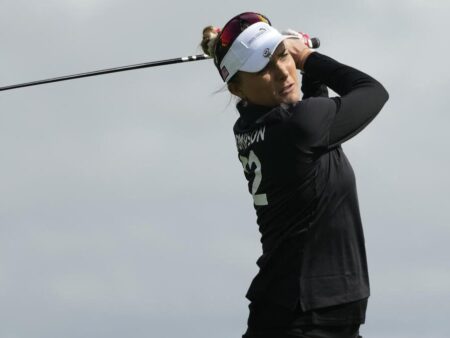Tennis legend Novak Djokovic recently faced a challenging defeat in the Wimbledon semifinals. His opponent, the formidable young Italian Jannik Sinner, displayed commanding form, claiming victory in straight sets (6-3, 6-3, 6-4) and ending Djokovic`s bid for yet another Grand Slam title on the hallowed grass courts.
In the aftermath of the match, Djokovic offered a remarkably candid assessment of his performance, pinpointing a primary factor behind the outcome. He didn`t cite tactical errors or a specific off-day alone. Instead, the 38-year-old pointed directly to the passage of time and its cumulative effects on his physique. “It`s hard for me to accept,” he reportedly stated, acknowledging that “the reality of the last year and a half is hitting me like never before.” This admission, attributing the challenge to “age” and inherent “wear and tear” on the body, marks a significant moment of open acknowledgement from a player renowned for his exceptional physical conditioning and resilience.
Djokovic elaborated on the physical strain he feels, specifically mentioning the grueling best-of-five set format – a hallmark of Grand Slam tennis. “Playing in a best-of-five format was a real test for me this year,” he explained. He noted that the longer a tournament progresses, the more pronounced the physical challenge becomes. This is particularly evident when pitted against the sport`s dynamic young guard, players like Sinner and Carlos Alcaraz, whom he has frequently encountered in the crucial late stages of major tournaments this year. “These are young guys, who are in shape,” he observed. The veteran champion painted a picture of arriving at these critical matches with a diminished physical reserve, feeling as though he is starting with a “half-empty tank.”
This statement provides a rare glimpse into the internal battle fought by athletes at the twilight of their careers. While Djokovic`s physical conditioning has long been legendary, a testament to his discipline and training, even the most meticulously maintained athletic machine eventually contends with the cumulative effects of time and thousands of high-intensity matches. At 38, Djokovic continues to compete at the absolute pinnacle of the sport, routinely facing opponents often a decade or more his junior who possess boundless energy. His acknowledgment underscores the immense physical toll exacted by elite professional tennis, particularly across demanding two-week Grand Slams. It`s a testament to his enduring skill and competitive spirit that he consistently reaches the semifinals, but also a pragmatic recognition that the sheer physical disparity against peak-condition younger rivals presents an increasing hurdle.
Djokovic`s frankness offers a sobering perspective on the relentless march of time in professional sports. It`s a subtle shift from a player who has often projected an aura of physical invincibility. While his career continues and his competitive fire remains undeniable, his recent comments suggest a pragmatic acceptance of the evolving landscape at the top of men`s tennis. The era of established champions navigating the challenge of youth is fully upon us, and Djokovic`s words serve as a clear signal of that reality, delivered with a touch of weary respect for both the game and the calendar.











